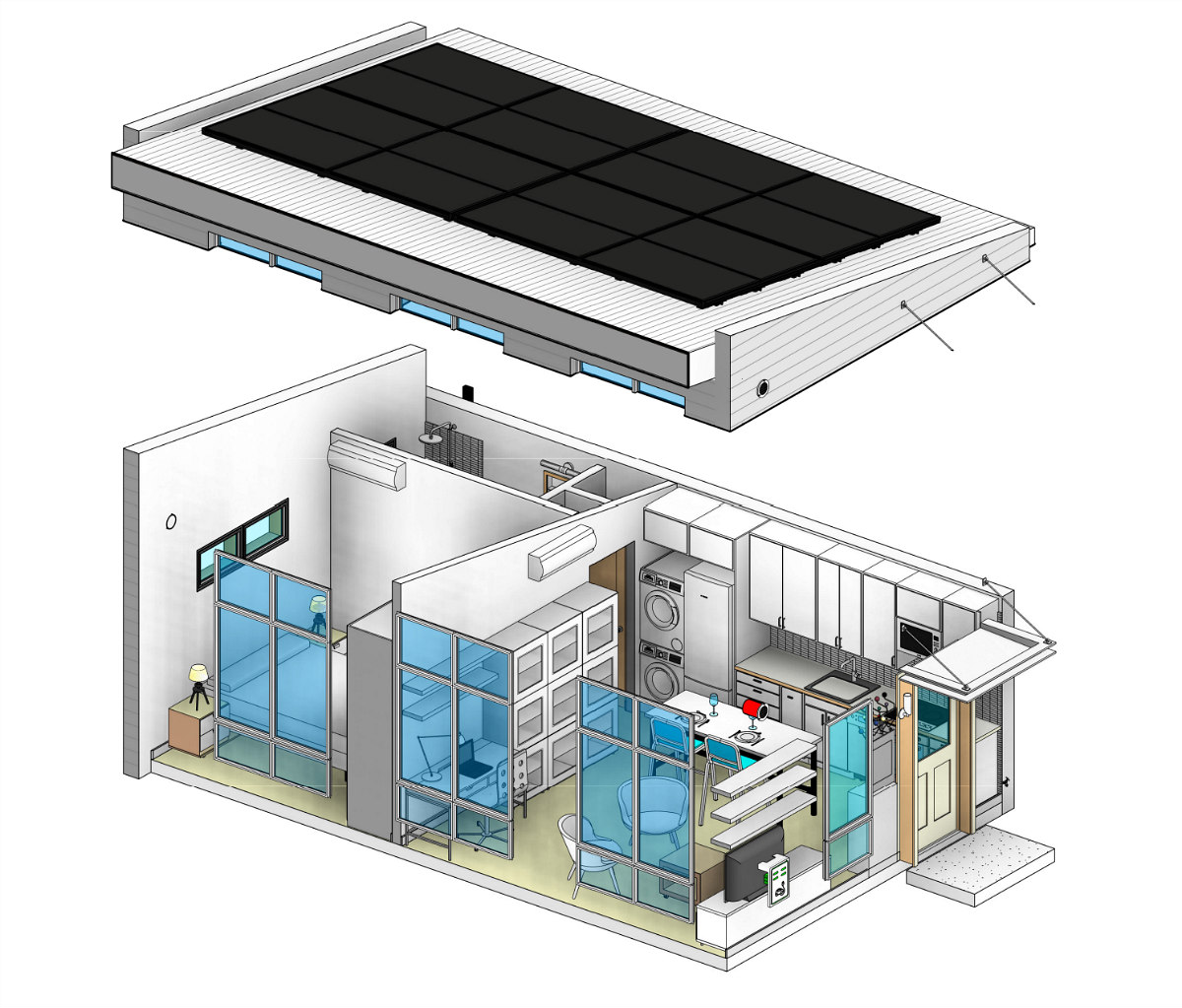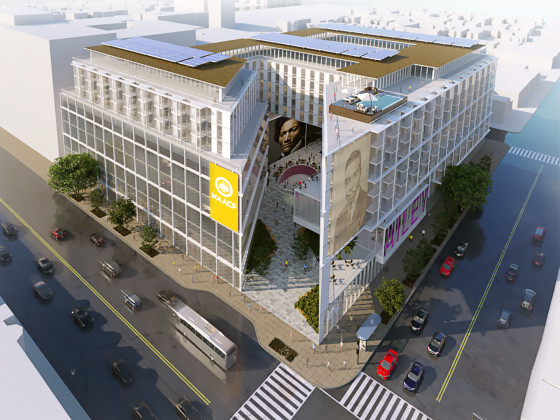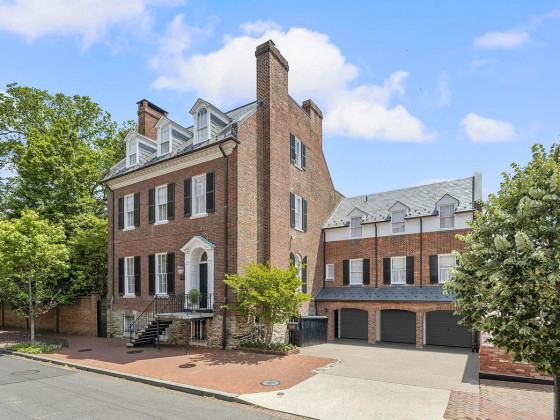 How DC's New Accessory Dwelling Program Will Work
How DC's New Accessory Dwelling Program Will Work
✉️ Want to forward this article? Click here.

In the five years since DC updated the city's zoning code to make clear a path for homeowners to create accessory dwelling units (ADU), the practice still has yet to catch on due to things like high costs and bureaucratic inefficiencies. Now, the city is aiming to broaden access to ADU construction.
Last week, DC's Department of Housing and Community Development (DHCD) released a Request for Applications (RFA) seeking an entity to administer a Residential Accessory Apartments Program (RAAP). The RAAP is meant to inform and assist homeowners in getting ADUs, or secondary living units, built within the footprint of their home or in a detached building on their property.
story continues below
loading...story continues above
The pilot program will target at least 15 homeowners over the next fiscal year and will dole out maximum assistance on a sliding scale based on income level. For example, homeowners earning up to 80% of median family income (MFI) would receive $75,000, homeowners earning between 81%-100% of MFI would receive $56,250 and so on. No DHCD assistance will be provided for homeowners earning above 150% of MFI.
The Department of Consumer and Regulatory Affairs (DCRA) will also provide five of the selected homeowners with $30,000, regardless of income, if they either choose to use one of the agency's pre-approved architectural plan sets or submit their architectural plans for DCRA to add to its pre-approved sets.
For homeowners who earn over 120% of MFI and receive either financial or technical assistance through the program, their ADU will be subject to a 10-year affordability covenant requiring any tenant they rent to earn no more than 60% of MFI. Units with the covenant would then be rented via the city's Inclusionary Zoning lottery.
Despite accessory dwellings being by-right for the 92,000 homes in DC's R- and RF- zoned neighborhoods, according to the city, fewer than 50 ADUs are approved annually. The RAAP is expected to launch this fall.
Similar Posts:
- DC Short-Term Rental Registrations Reveal Unexpected Restrictions
- 1.4 Million ADUs: Some Interesting Stats About Granny Flats
- How Can Access to ADU Construction Be Expanded in DC?
See other articles related to: accessory apartments, accessory apartments dc, accessory dwelling units, accessory dwellings, dcra, dhcd, pilot programs
This article originally published at http://dc.urbanturf.production.logicbrush.com/articles/blog/how-dcs-new-accessory-dwelling-pilot-program-will-work/19388.
Most Popular... This Week • Last 30 Days • Ever

Today, UrbanTurf is taking a look at the tax benefits associated with buying a home t... read »

Lincoln-Westmoreland Housing is moving forward with plans to replace an aging Shaw af... read »

Only a few large developments are still in the works along 14th Street, a corridor th... read »

A soccer stadium in Baltimore; the 101 on smart home cameras; and the epic fail of th... read »

Approximately 6,320 homes sold in the city last year — and 26% of those listings we... read »
DC Real Estate Guides
Short guides to navigating the DC-area real estate market
We've collected all our helpful guides for buying, selling and renting in and around Washington, DC in one place. Start browsing below!
First-Timer Primers
Intro guides for first-time home buyers
Unique Spaces
Awesome and unusual real estate from across the DC Metro













